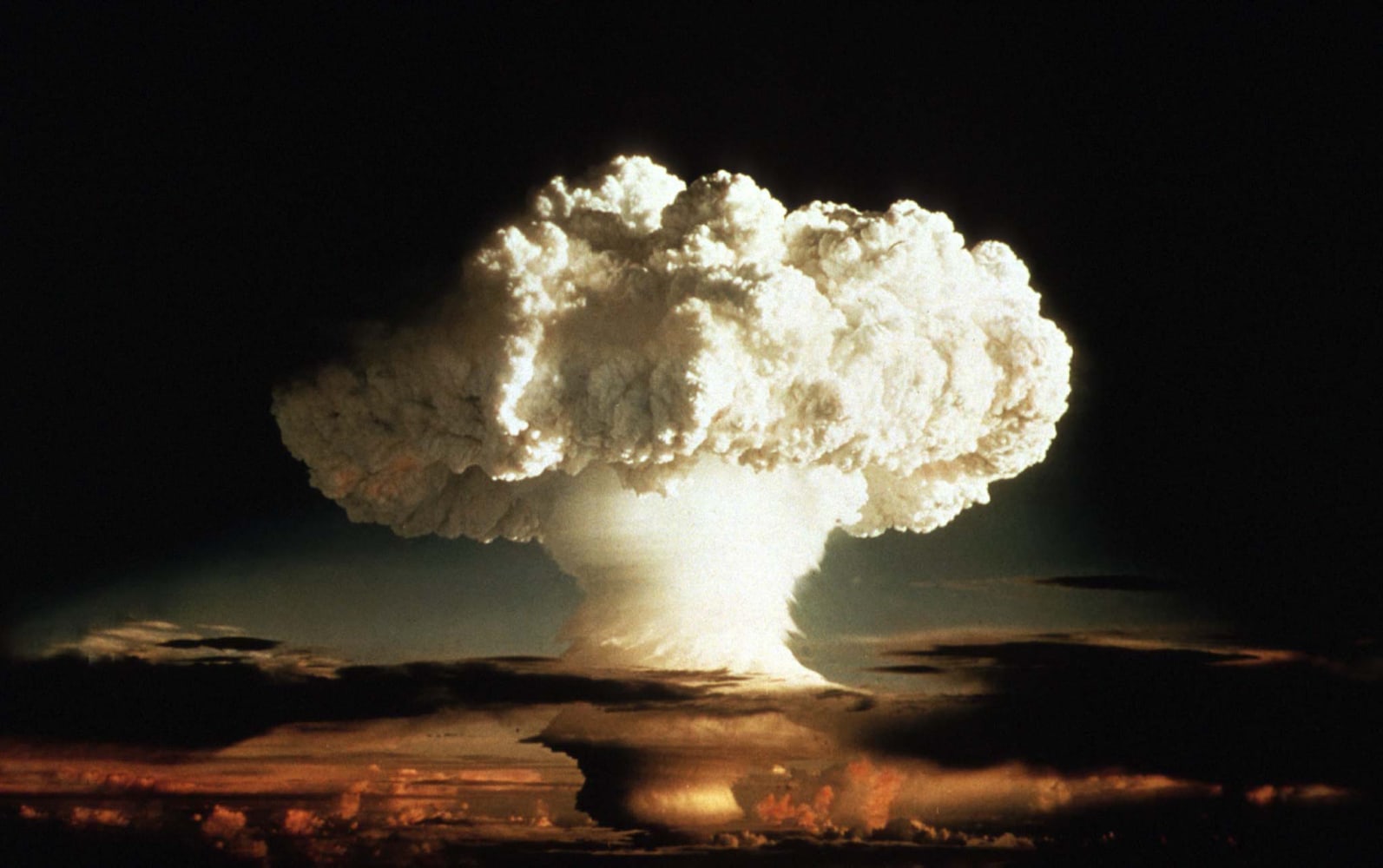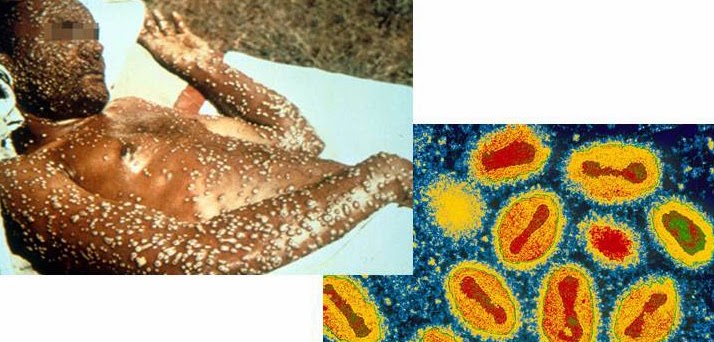
Harry S. Truman
(May 8, 1884 – December 26, 1972)



Devastated: Hardly any buildings in Hiroshima were left
standing after the massive atomic bomb blast.



Harry S. Truman
(May 8, 1884 – December 26, 1972)



Devastated: Hardly any buildings in Hiroshima were left
standing after the massive atomic bomb blast.



On December 9, 1979, a commission of scientists declared smallpox
has been eradicated. The disease, which carries around a 30 percent chance of death for those who contract it, is the only infectious
disease afflicting humans that has officially been eradicated.


Three former directors of the Global Smallpox Eradication Program read the news that smallpox had been globally eradicated.

Project Paperclip Team at Fort Bliss.
In a move that stirs up some controversy, as part of "Operation Paperclip," the United States shipped 88 German scientists to
America to assist the nation in its production of rocket technology.
Most of these men had served under the Nazi regime and critics in
the United States questioned the morality of placing them in the
service of America. Nevertheless, the U.S. government, desperate
to acquire the scientific know-how that had produced the terrifying
and destructive V-1 and V-2 rockets for Germany during WWII, and
fearful that the Russians were also utilizing captured German
scientists for the same end, welcomed the men with open arms.



The famous tower clock known as Big Ben, located at the top of the 320-foot-
high Elizabeth Tower, rang out over the Houses of Parliament in Westminster, London, for the first time on May 31, 1859.
After a fire destroyed much of the Palace of Westminster—the headquarters
of the British Parliament—in October 1834, a standout feature of the design
for the new palace was a large clock atop a tower. The royal astronomer, Sir
George Airy, wanted the clock to have pinpoint accuracy, including twice-a-
day checks with the Royal Greenwich Observatory. While many clockmakers dismissed this goal as impossible, Airy counted on the help of Edmund
Beckett Denison, a formidable barrister known for his expertise in horology,
or the science of measuring time.

Sir George Biddell Airy
(July 27, 1801 – January 2, 1892)


On this day in 1945, the American B-29 bomber, known as the Enola
Gay,(above) dropped the first atomic bomb on an inhabited area. The bomb named "Little Boy" was dropped over the center of Hiroshima,
Japan. An estimated 140,000 people were killed that morning.



![The so-called A-Bomb Dome was preserved as a reminder of the devastation the bomb caused [GALLO/GETTY]](https://i0.wp.com/www.aljazeera.com/mritems/imagecache/mbdxxlarge/mritems/Images/2011/8/5/201185164041984734_20.jpg?resize=530%2C298&ssl=1)


